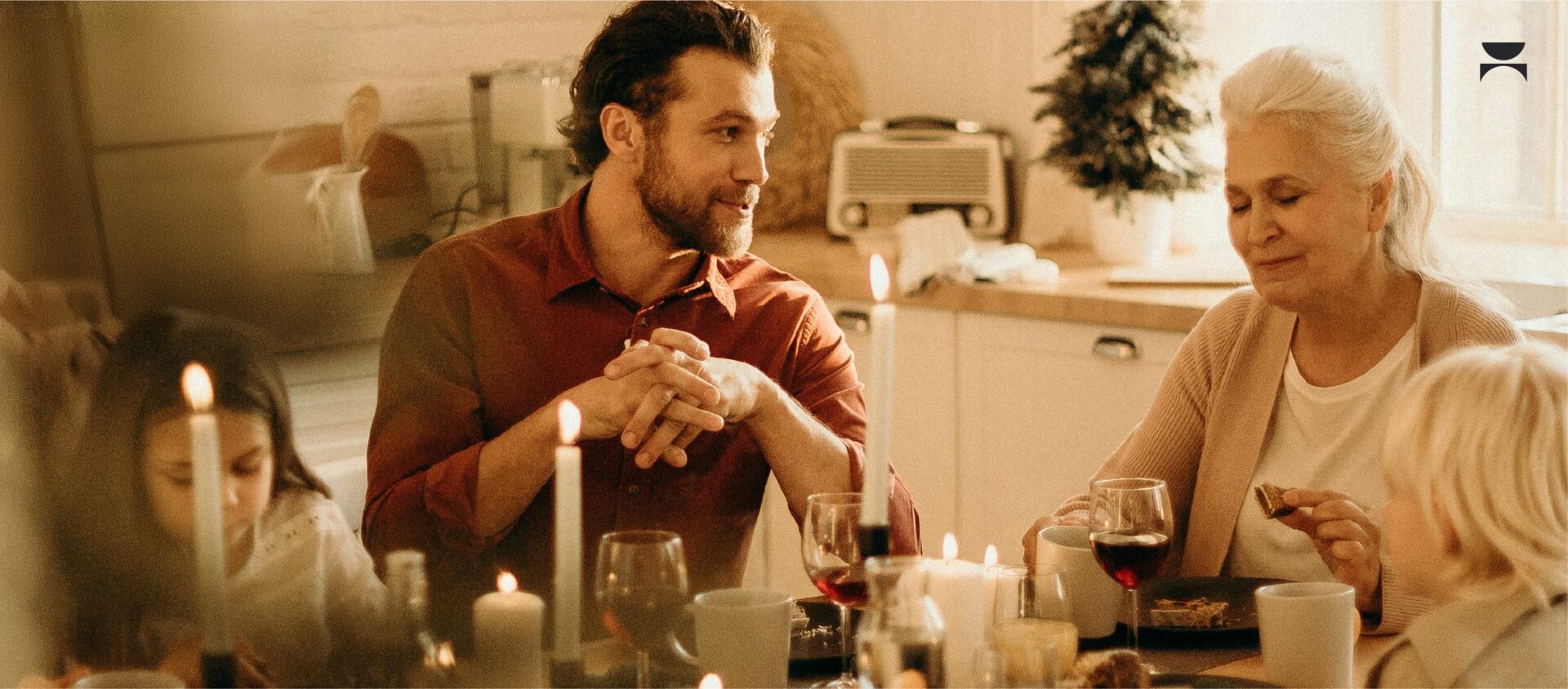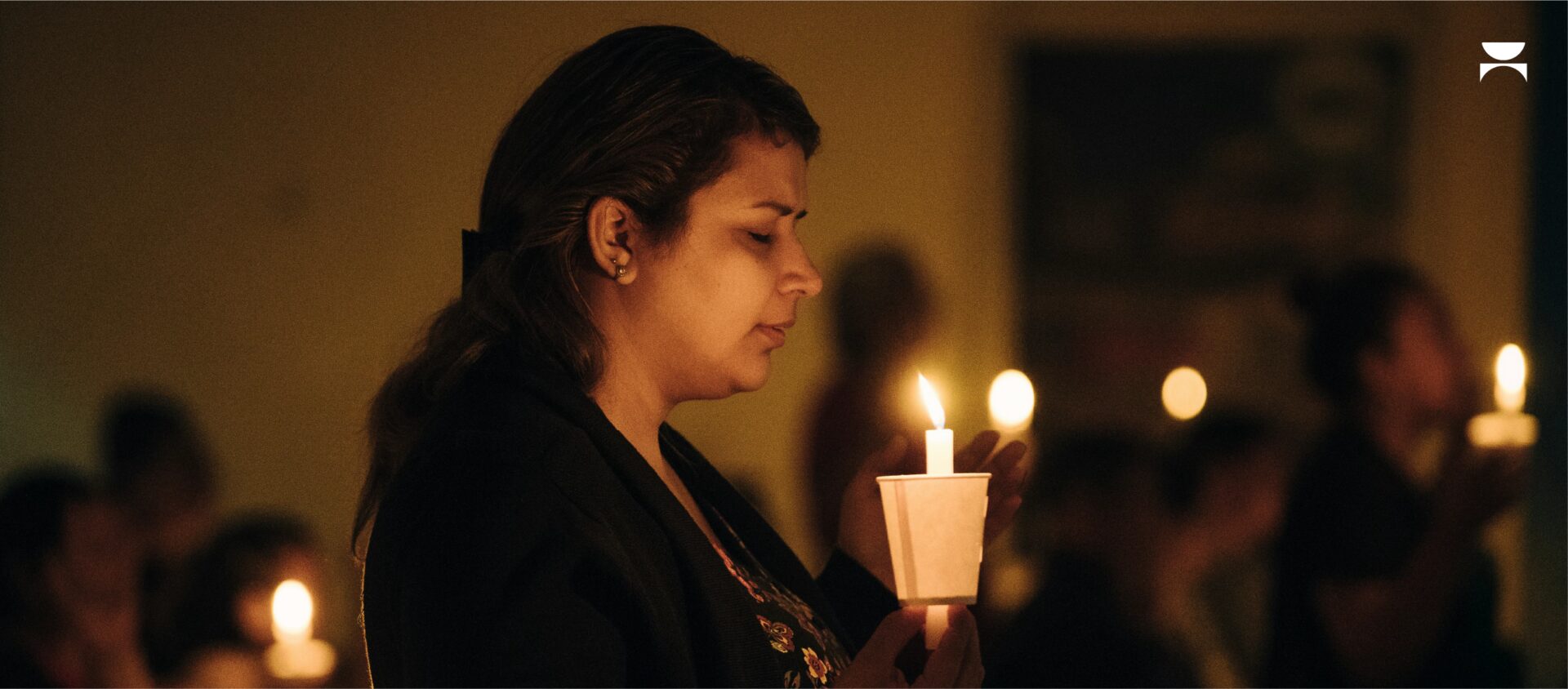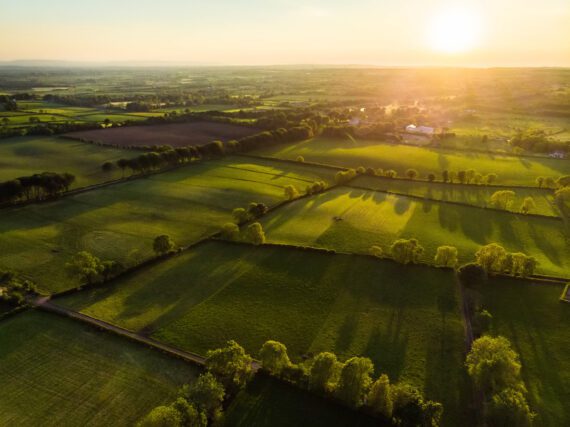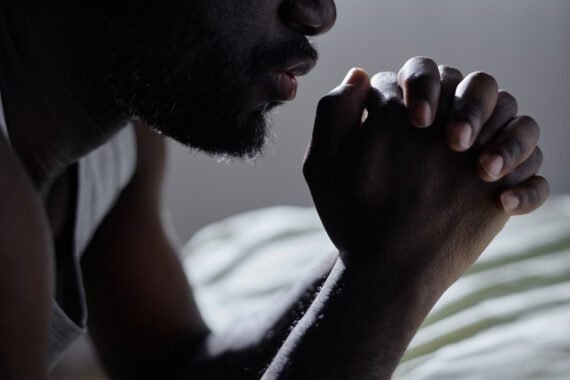Thanksgiving is a time for people in America to pause, give thanks, and spend time with loved ones. For many reasons, this can be a challenging task.
It can be difficult to pause when we are busy thinking about work or family facing disasters. We find it difficult to pause when we know that others cannot pause. We find it difficult to pause because we might be overwhelmed by heartbreak if we do. But pausing is important. Our scriptures urge us to the practice of weekly Sabbath. Taking time to slow down is good for our souls and our bodies.
It can be difficult to give thanks in these moments when the world is facing what is increasingly being called a poly-crisis—a series of crises whose cumulative effect is greater than the sum of the individual crises. We can get bogged down in what is going wrong around the world, in our communities, in our lives. It is easy to be filled with gloom and cynicism and to forget that there is much to be grateful for.

Some people keep gratitude journals or gratitude jars. The idea is that you write at least one thing that you’re grateful for every day in a journal or on a slip of paper that goes into a jar. That daily practice fosters gratitude. One thought leads to two thoughts, and two lead to four. Gradually, instead of writing one thing you’re grateful for, you start writing multiple things each day. Before you know it, your jar is full. Writing out what we’re grateful for trains our brains to be able to see good in the world. The repetition literally remaps our neuropathways.
It can be difficult to connect with loved ones during the holidays. Some of us feel so much isolation that we struggle to reach out. Some of us have strained relationships with our families. Some of us are living in situations where it’s challenging to connect with other people. But gathering as a community, particularly in this time of poly-crisis, is important for our mental health. Connection is what we long for.

For these reasons and more, Bread for the World hosted a vigil last month. We gathered to pause, connect as a community, and to pray for our world. (If you missed it, you can watch the recording here.)
Bread has also created resources for connection during Advent. The Sunday after Thanksgiving, December 1, is the start of our new liturgical year. Our Advent devotional guide, Seeking Peace in this Advent Season, features reflections from Lisa Sharon Harper, founder of Freedom Road; Bread’s own Eddie Kaufholz, director of communications; Kimberly Mazyck from the Georgetown Initiative on Catholic Social Thought and Public Life; and Fr. Nicholas Anton of the Greek Orthodox Archdiocese of America. They invite us into spiritual practices to help us experience God’s peace in this season.

Our hope is that connecting with God’s peace will be a balm for our souls.
It can feel overwhelming when we see how many people in our country and around the world are struggling with hunger and vulnerability. It can lead us to question if our efforts are making a difference.
I want to remind you that Bread advocacy for programs such as D-SNAP (Disaster Supplemental Nutrition Assistance Program) ensure people recovering from disaster in the U.S. have access to nutrition assistance during times of crisis. Bread advocacy for programs such as the Global Food Security Act help developing countries become more resilient so that there is more food available locally when war breaks out. Bead advocacy for food aid funding and programmatic efficiency ensures that there is food available in hunger hot spots such as Gaza or Sudan.
Your advocacy makes a difference. Your gifts to Bread for the World make a difference.
We now have a new Administration and Congress. Bread advocacy will not falter, and we will work with our elected leaders on both sides of the aisle to advocate for the anti-hunger policies and programs that we know will make a difference. Please consider taking action today on the Farm Bill at bread.org/act.

I want to end this message with a scripture that has guided us at Bread for the World for the last several years, Psalm 46. As we pray for our nation and our neighbors, as we pray for peace and for those working for peace, let us remember the words of the Psalmist (using the NIV translation):
God is our refuge and strength, an ever-present help in trouble. Therefore, we will not fear, though the earth give way and the mountains fall into the heart of the sea, though its waters roar and foam and the mountains quake with their surging.
There is a river whose streams make glad the city of God, the holy place where the Most High dwells. God is within her, she will not fall; God will help her at break of day. Nations are in uproar, kingdoms fall; he lifts his voice, the earth melts.
The Lord Almighty is with us; the God of Jacob is our fortress.
Come and see what the Lord has done, the desolations he has brought on the earth. He makes wars cease to the ends of the earth. He breaks the bow and shatters the spear; he burns the shields with fire. He says, “Be still, and know that I am God; I will be exalted among the nations, I will be exalted in the earth.”
The Lord Almighty is with us; the God of Jacob is our fortress.



